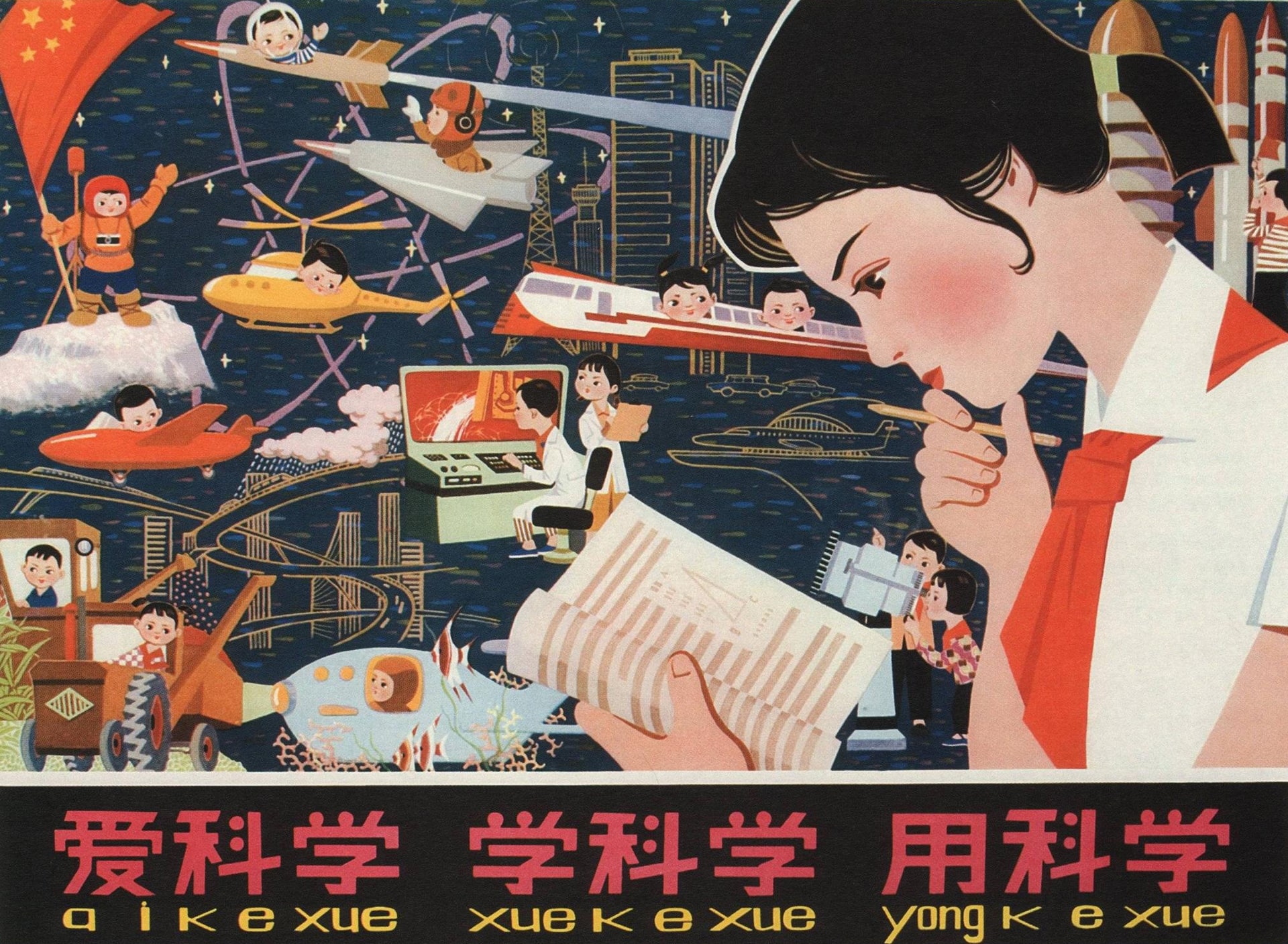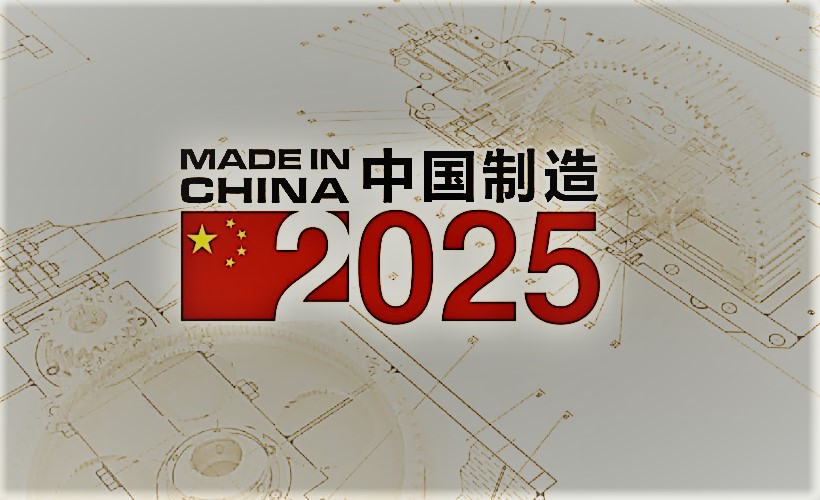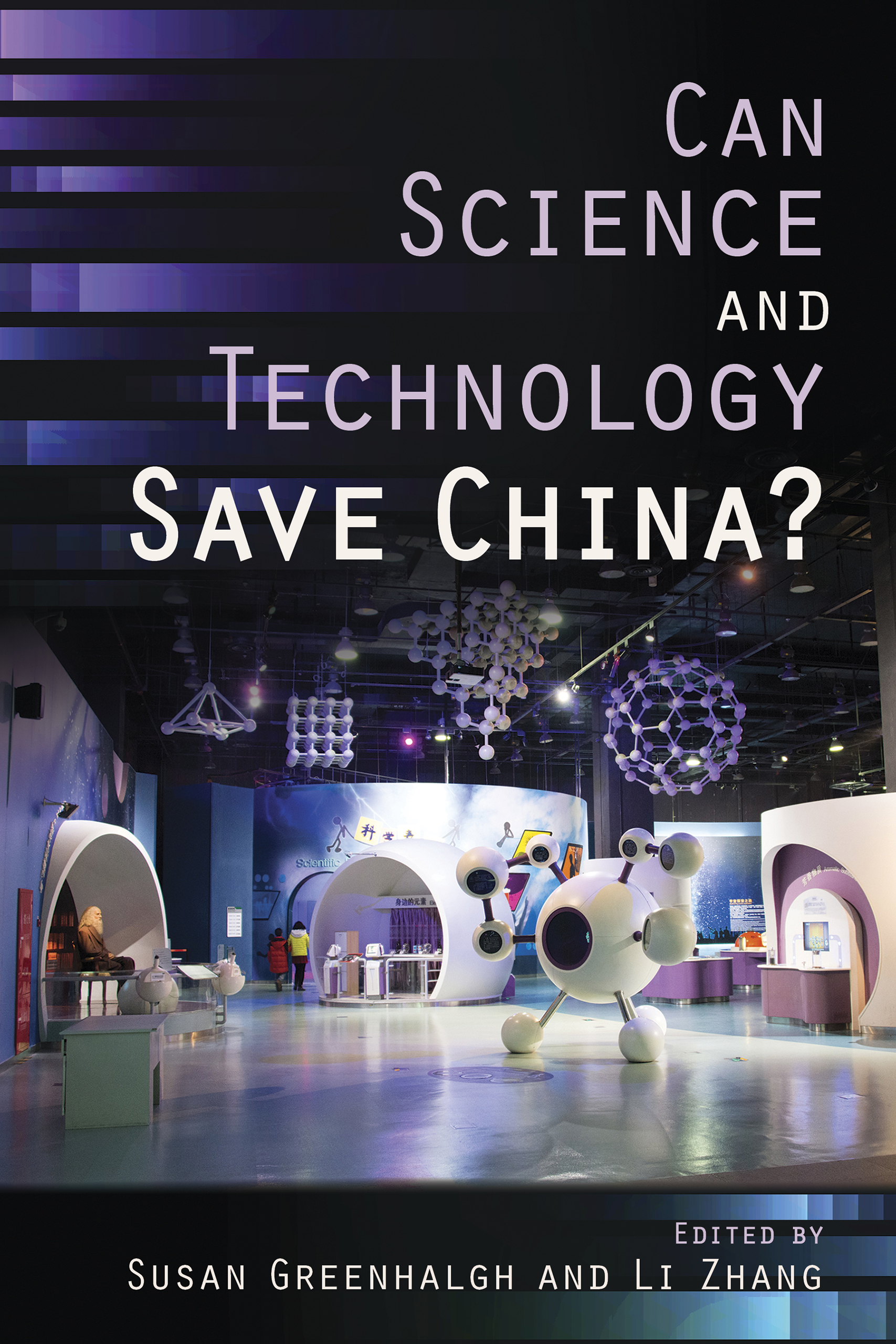Sci/Tech China
For over a century, China’s leaders have heralded modern science and technology as all-purpose remedies that can save the nation from backwardness and propel it into the ranks of global powers. Today China aspires to be a great scientific and technological power by mid-century. As President Xi Jinping pours vast sums into big-science and high-tech projects aimed at spreading robotics, networking, and artificial intelligence among existing industrial sectors, around the world China is increasingly seen as a formidable scientific and technological force.
The story of China as a rapidly rising sci/tech power is based on growing numbers – of researchers, articles, investment dollars, and so on. Left out is how science is actually made in this one-party state. The story also emphasizes cutting-edge fields, ignoring the everyday sciences of health and the environment that are needed to address the damage done by decades of pursuing economic growth at any cost. Can modern science and technology save China from these threats?


